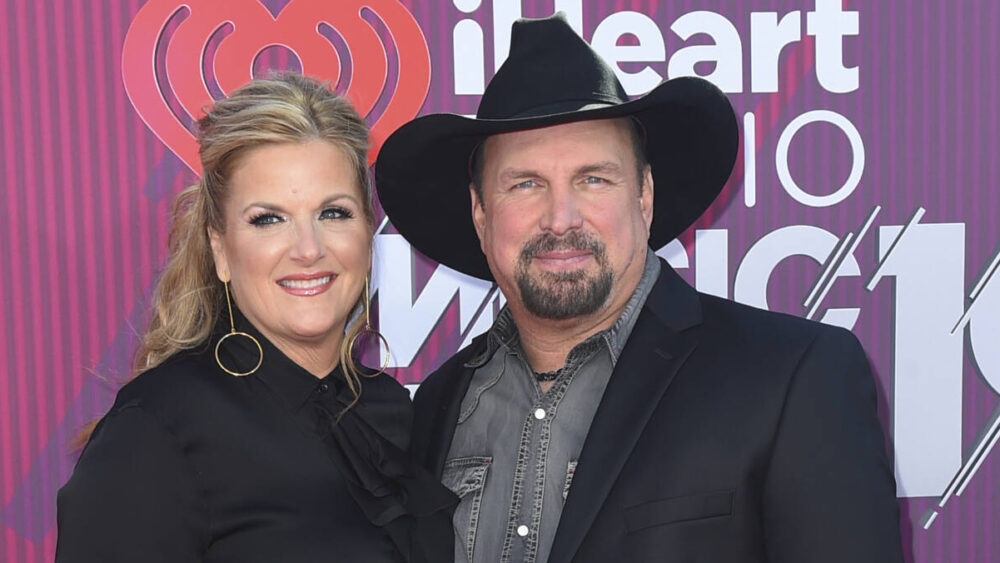There’s a lot you may not have known about the late Glen Campbell
Glen Campbell passed away on Aug. 8 at the age of 81. His family released a statement announcing the death of America’s beloved “Rhinestone Cowboy,” which said in part:
“It is with the heaviest of hearts that we announce the passing of our beloved husband, father, grandfather, and legendary singer and guitarist, Glen Travis Campbell, at the age of 81, following his long and courageous battle with Alzheimer’s disease.”
Before achieving phenomenonal success in the late 1960s (even outselling The Beatles in 1968), Campbell was one of 12 children in his family. He grew up in Delight, Arkansas, and was the son of a sharecropper. Campbell (along with his siblings) often had to help pick cotton in order to earn their keep.
However, Campbell also showed a gift for music at an early age. When he was just 4 years old, his father bought him a $5 guitar from Sears, probably not realizing that he was setting his son on a course for global stardom.
He dropped out of school when he was just 14 years old, and began playing guitar and performing at rural bars in the American West. Campbell then moved to Los Angeles, where his musical skills earned him a spot on numerous hits like Elvis Presley’s “Viva Las Vegas” and the Righteous Brothers’ “You’ve Lost That Lovin’ Feeling.”
However, Campbell was not destined to be just a back-up man. His song “By the Time I Get to Phoenix” was released in 1967 to critical acclaim, and he followed that up with smash hits like “Gentle on My Mind” and “Rhinestone Cowboy.”
Campbell also found success on the silver screen, starring in “True Grit” alongside John Wayne, and working in television on shows like “The Summer Smothers Brothers Show” and “The Glen Campbell Goodtime Hour.”
However, the country star’s life was not without pain. He battled an addiction to cocaine and alcohol, and his relationship with country singer Tanya Tucker was notoriously troubled. Fortunately, Campbell fought hard to achieve sobriety, thanks in no small part to becoming a born-again Christian.
In his last years, Campbell was aware of how Alzheimer’s was impacting his mental faculties. He wanted his struggle to help bring comfort and support to others who might be facing the same diagnosis, so he allowed documentary filmmakers to enter his home and film his journey. The result is “I’ll Be Me,” an honest and personal film, which critics lauded as a must-see.
Campbell’s music for the soundtrack of “I’ll be Me” is incredibly moving, and worth a listen. Here is the song he wrote for his wife, “I’m Not Gonna Miss You.” Warning, it’s a tear-jerker:
Here’s to a music legend and beloved family man. We will not forget his music, or his amazing work in bringing awareness to Alzheimer’s disease.









